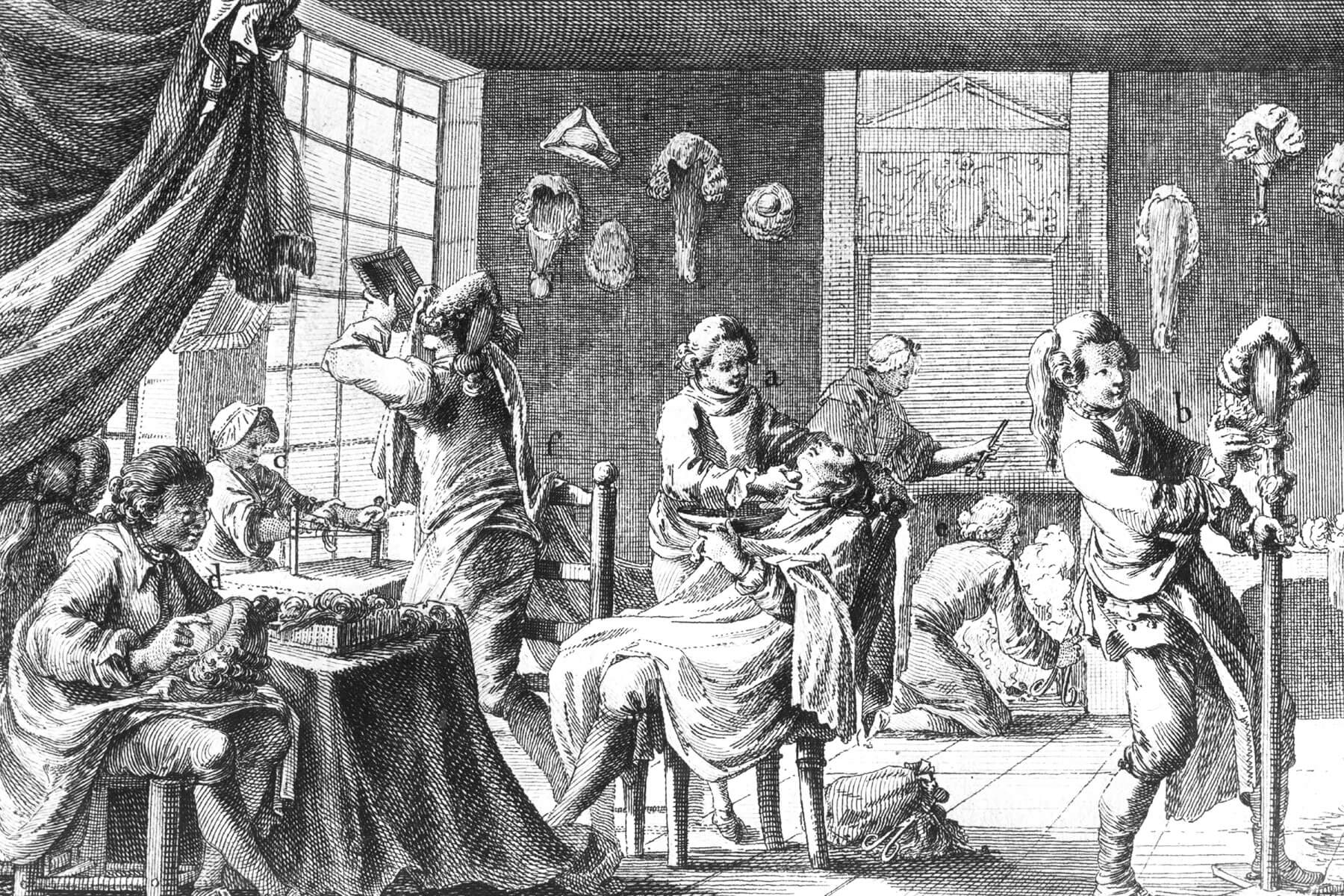| E ven the most dedicated ailurophile will admit that felines can be vicious when tested, but cats didn't help the Persians win an ancient battle because of their sharp claws. Rather, the Persians emerged victorious against Egypt in the 525 BCE Battle of Pelusium by using cats, ibises, and other animals the Egyptians considered sacred as hostages. According to the Greek historian Polyaenus, the Egyptians dared not fire their arrows when their Persian opponents held cats aloft in front of them, allowing the latter to take the city of Pelusium with relative ease. This decisive victory led the First Persian Empire (also known as the Achaemenid Empire) to take the pharaoh's throne for Cambyses II, beginning the 27th Dynasty of Egypt under Achaemenid rule. |
|
| Cats are hardly the only animal to grace the battlefield with their presence throughout history. Elephants and horses are perhaps the beasts of burden most famous for their wartime contributions, but camels, dogs, pigeons, oxen, and even bears have seen combat, too. There are various monuments and memorials to their service across the world, as well as the Dickin Medal, an honor first bestowed by the People's Dispensary for Sick Animals (PDSA) in 1943. Initially created for animals who served Britain in World War II, it has been given to 32 messenger pigeons, 38 dogs, four horses, and, yes, one very good cat. |

















No comments:
Post a Comment